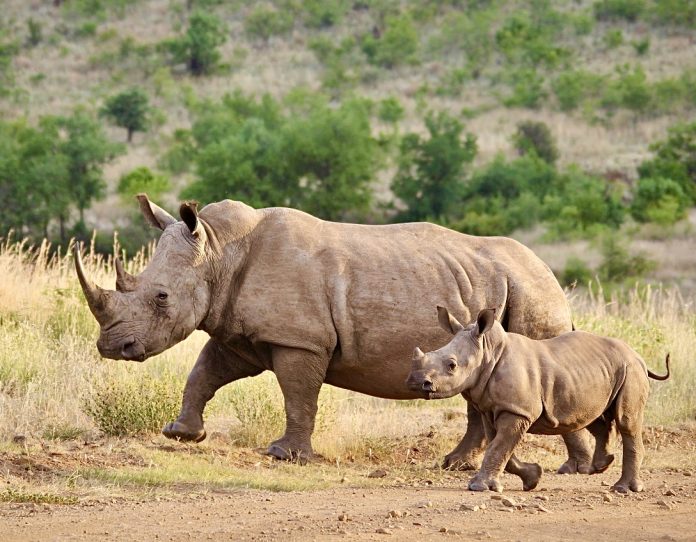You can help all animals and our planet by choosing compassion on your plate and in your glass. #GoVeg
RELATED ARTICLES
Pressure Mounts For Arizona To Ban Dog Pack Hunting Of Mountain Lions, Bears & Other Critical Species
Conservation groups have submitted a petition to the Arizona Game and Fish Commission urging a ban on the use of dog packs for hunting...
Help Save Millions Of Lives This Holiday By Choosing Compassion On Your Plate; Adopt A Turkey Today!
As Thanksgiving approaches, we hope you enjoy a warm and safe holiday. We encourage you to make a compassionate choice by leaving animals off...
Giraffes Are One Step Closer To Receiving Vital Endangered Species Act Protections
In response to a petition and subsequent lawsuit by conservation and animal protection organizations, the U.S. Fish and Wildlife Service (USFWS) has proposed listing...
Popular stories
News
Mexico Teams Up With Sea Shepherd To Cement New Plan To Help Save The Last 20 Vaquita Remaining In The Wild
Mexico’s Secretary of the Navy, in partnership with the Secretary of the Environment and Natural Resources, recently announced the launch of a new program aimed at...
News
Iowa Proclaims October 2nd As “World Day For Farmed Animals” Recognizing That 70 Billion Land Animals Are Killed For Food Each Year
Governor Kim Reynolds of Iowa has declared October 2, 2022 "World Day for Farmed Animals" (WDFA) across The Hawkeye State. WDFA commemorates that more than 70 billion land animals are...
Breaking News
Victory! High-End Paris Fashion Brand BA&SH Goes Fur-Free!
Designer clothing brand ba&sh has announced that it has joined the Fur Free Retailer initiative, committing not to use and market animal fur in...



